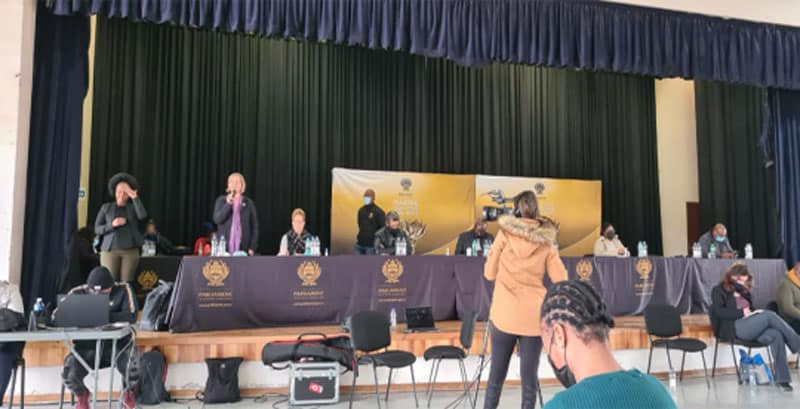

In an unexpected turn of events, support for the Expropriation Bill in the Free State seems to have substantially diminished. Public hearings were held from 26-29 August, across the Free State to afford communities the opportunity to participate in the Expropriation Bill legislative process. The results of these meetings were quite different to the expectations of the proponents of the Expropriation Bill.
According to Free State Agriculture (FSA) president, Mr Francois Wilken, the organisation’s representatives made their formal objections to the proposed Expropriation Bill at these public hearings. “We called on all who believe in freedom, the free market and the protection and expansion of individual private property rights, to stand together to oppose the Bill in its current form” said Wilken referring to the FSA campaign website: https://vrystaatlandbou.co.za/stop-expropriation/.
The hearings were held in Botshabelo, Welkom, Bethlehem and Frankfort. At the Botshabelo hearings where input was made by FSA’s Gernie Botha and attended by regional representative Christo Doman, the majority, including traditional leaders, rejected the Bill on the grounds of opposing expropriation without compensation.
At the Frankfort hearing, Tommie Esterhuyse, Vice-president of FSA argued that the Bill will be economic suicide dispossessing current and future landowners of their ownership rights. Further points were raised that included the wide definitions of “Pubic interest” and “Expropriation”. Esterhuyse was supported by regional representatives Koot Naude (Ngwathe) and Deon van der Watt (Mafube).
FSA representatives highlighted that the Expropriation Bill focussed on all property (not only land) which could be taken from you without compensation. Access to courts was also emphasized as a non-negotiable.
“It seems as if the public is increasingly aware of the dangers of giving the state a blank check for expropriation. The fact is that this Bill will allow government and its bureaucrats to bully, intimidate and steal assets from law abiding citizens. In this regard, history has taught us that it is the poor and marginalised who are easy targets for corrupt governments”, said Wilken.










Ⓒ 2024 Vrystaat Landbou All rights reserved | Website by BrandNew